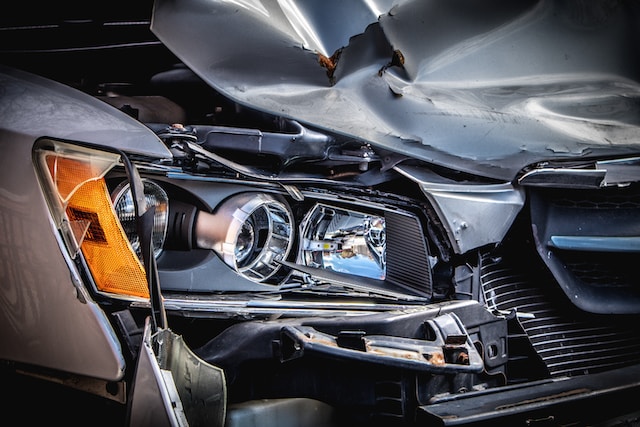EVs are a miserable experiment. Not green, not affordable, not efficient, and an uncontrollable fire hazard, they can cost almost 30% more to insure, and even minor damage could mean repairs exceed the vehicle’s value, so it gets scrapped.
There’s no recycling or upcycling, and the battery packs are still a hazardous fire risk with no reliable end-of-life processing path.
As Reuters reports, insurance companies are writing off more and more low-mileage electric vehicles that have only minor damage, because any harm to the battery packs can’t be accessed or repaired. With some Tesla models, for example, the battery packs are actually glued into the car’s structure, making them difficult to remove, replace or repair
“A Tesla structural battery pack is going straight to the grinder,” one industry analyst told Reuters.
This is terrible news for a mode of transportation being mandated by governments and politicians as earth-friendly. On average, reports suggest you need to drive an EV at least 60,000 miles before you offset the carbon cost of making it compared to a combustion-powered vehicle. (No amount of driving can offset the human rights violations, you virtue signaling tool.)
To their credit, manufacturers like Tesla offer a warranty on the battery to 100,000 miles. If it wears down or conks out before that, you probably won’t have to drop 15K+ dollars for the new battery (and another 60,000 miles to offset its carbon footprint). But if the vehicle is damaged in a collision, you and your insurer might be looking at scrapping a low-mileage car that took a lot of carbon to make.
The cost to replace a battery pack can constitute up to half of the price some consumers paid for their electric vehicles, prompting them to incur the financial burden of buying a new vehicle.
If you bought in and sucked up the added costs to reduce the carbon impact on mother earth, that collision just made it worse if you didn’t get more than 60,000 miles on it. And we’re not just talking battery production, use, and end of life. The entire manufacturing carbon footprint to build and transport the car is at your feet.
On a brighter note, the CO2 carbon footprint mythology has no scientific basis (nor do the alleged “cures”), so the premature death of your virtue-signaling EV is little more than a significant waste of time and money for a car that was probably running on natural gas and coal.
All this time, you were signaling something. It just wasn’t what you thought.
This is something for states like Vermont and Massachusetts (in my neck of the woods) to consider. They are passing laws to mandate EVs and ban combustion engine sales by 2035. A year by which millions of useless EV batteries will already be rotting in salvage yards and landfills, waiting to catch fire and turn a not-green device for a not-green vehicle into a toxic cloud of harmful emissions.
The cost of your political virtue-signaling is not just generational. It is economically debilitating and environmentally irresponsible.
Stop. Now. Please.
